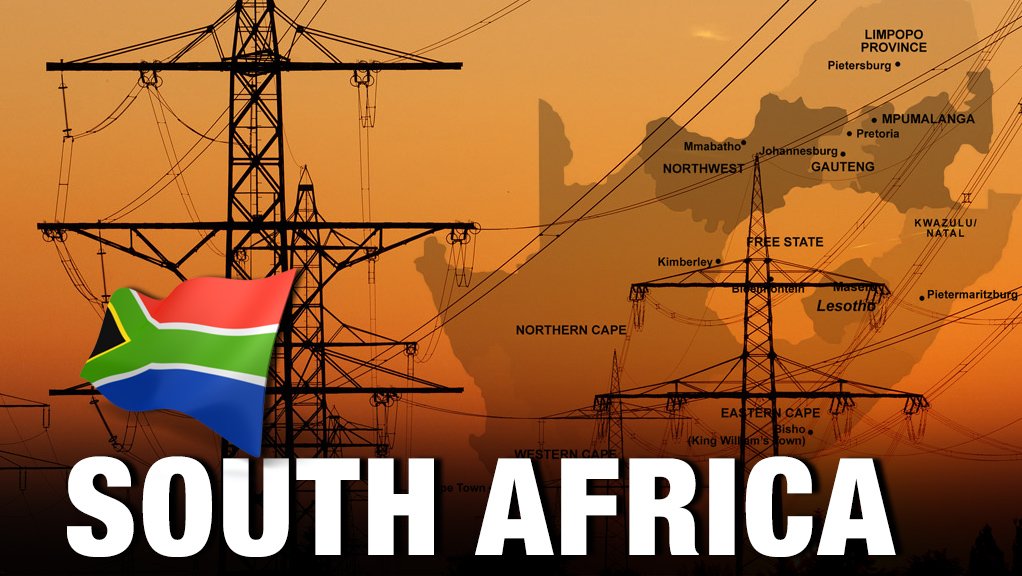Please note: Owing to technical difficulties, we were unable to record this podcast
June 13, 2014
From Creamer Media in Johannesburg, I'm Schalk Burger.
Making headlines:
The leader of South Africa's AMCU union said a wage deal with the three platinum producers was imminent.
Africa and the West pledge more support in the war against Boko Haram.
And, the Free Market Foundation claims South Africa’s energy constraints are more troublesome than the platinum strike.
The leader of South Africa's AMCU union said on Friday a wage deal with the world's top three platinum producers was imminent. This is a sign the longest mining strike in the country's history may soon be over.
Workers and shop-stewards from the Association of Mineworkers and Construction Union begged leader Joseph Mathunjwa on Thursday to end a five month stalemate and sign the latest offer from platinum companies. The offer amounts to an increase of around 20%, or R1 000 per month.
Mathunjwa told a Johannesburg radio station he hoped to meet with leaders of Lonmin, Anglo American Platinum and Impala Platinum late on Friday or over the weekend to relay the response of his members to the offer.
African and Western officials pledged at a meeting in London on Thursday that Nigeria will get more military and tactical support to help combat the Islamist militant group Boko Haram and find 200 kidnapped schoolgirls.
Although Boko Haram has been fighting for five years, carrying out bombings and attacks on civilians and the security forces, the kidnapping in April of more than 200 girls has focused world attention on them and prompted demands for action.
Ministers from Nigeria and neighbouring Chad, Benin, Niger and Cameroon agreed to form a regional intelligence unit to fight Boko Haram. British Foreign Secretary William Hague said they would be aided by Britain, France and the US.
They also agreed to run multi-national patrols along the porous borders to stop the group, which is seen as a regional threat. The international community will enhance training for Nigeria's military and provide more schooling for Nigerian children.
The Free Market Foundation (or FMF) says the impact of South Africa’s ongoing strained energy supply has been more devastating than the effects of the protracted strike in the platinum belt.
South Africa’s economy was 13%, or R366-billion, smaller than it would have been had energy supply been stable and load-shedding and forced lower energy use by industry not occured, said FMF executive director Leon Louw.
The loss to the economy – which was estimated at the “lower end of the scale” – was a result of a failed energy policy, he noted, adding that: “No energy meant no growth, and energy insecurity was actually an energy catastrophe.”
Louw said the energy crisis was devastating on a scale that made the ongoing five-month strike in the platinum sector trivial by comparison. He added that the lack of sufficient energy supply dwarfed anything else challenging the economy.
Also making headlines:
South Africa expects to have 400 wind turbines spinning by year-end.
UN Secretary-General Ban Ki-moon has urged Libya to stick to its plan to hold parliamentary elections on June 25.
And, former Ivory Coast President Laurent Gbagbo is be tried at the International Criminal Court on charges of crimes against humanity during post-election violence in which around 3 000 people were killed.
That’s a roundup of news-making headlines today.
EMAIL THIS ARTICLE SAVE THIS ARTICLE
To subscribe email subscriptions@creamermedia.co.za or click here
To advertise email advertising@creamermedia.co.za or click here











